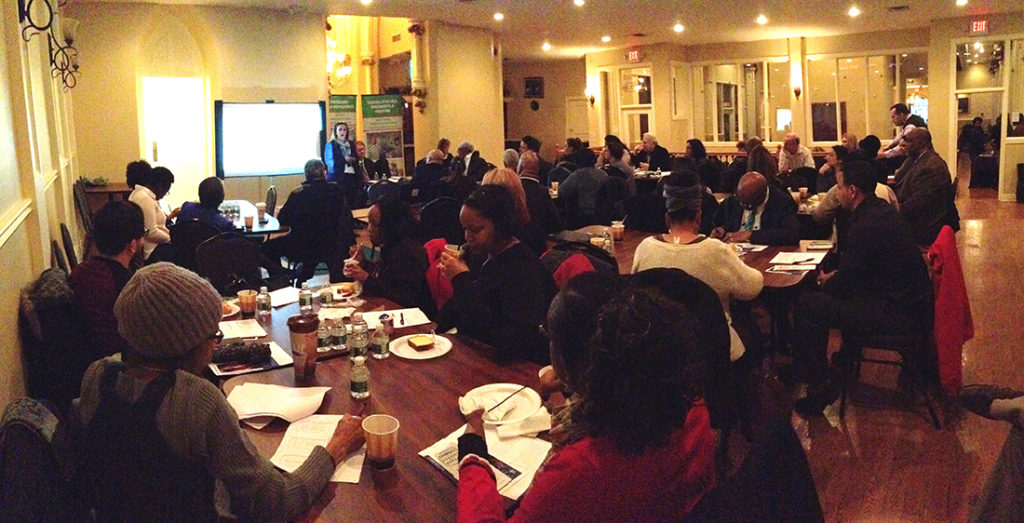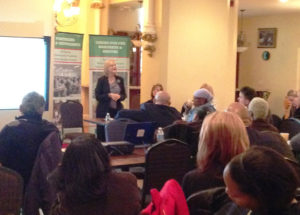
Take a moment to digest this startling statistic: One in eight inmates housed in New Jersey’s county jails was incarcerated because they couldn’t make bail of $2,500 or less.
You may not feel much sympathy for an inmate but consider the fact that these are men and women who were arrested, charged and awaiting trial. They are not yet serving a sentence.
“They didn’t have enough money to post even a relatively modest amount of bail,” said Manuela Garcia, executive director of the Family Service Bureau of Newark, an affiliate of New Community.
A sweeping change to New Jersey’s criminal justice system that took effect on January 1, 2017, has changed all of that. With the new bail reform, nonviolent offenders who do not have money to post bail no longer have to stay in jail.
“This is, on some level, the biggest change in criminal justice reform since the ratification of the constitution in 1947,” said Edwin Wingren III Esq, Passaic County Criminal Justice Manager, referring to the New Jersey constitution. Wingren was one of four panelists who spoke at a forum held at New Community, organized by the Family Service Bureau, to discuss the reform and its impact.
Marie Farber, Hudson County Criminal Division Manager, Debbie Despotovich, Essex County Criminal Division and Elaine Wladyga, First Assistant Deputy Director of Essex County Superior Court Public Defenders, also participated on the panel discussion.
New Jersey Supreme Court Chief Justice Stuart Rabner noted that shifting away from the old money-based bail system has “real consequences for poor defendants.”
“During that time, they may lose jobs when they fail to show up for work. They may lose contact with family members. They may lose custody of children,” Rabner wrote in an editorial published on NJ.com. New Jersey voters decisively supported the bail reform via a constitutional amendment posed in a ballot question in November 2014.
The bail reform addresses a foundational—yet difficult—question in the criminal justice system, according to Wingren.
“Am I being treated as innocent?” he asked of the standard presumption of innocent until proven guilty. According to the League of Women Voters of New Jersey’s voter’s guide, non-violent offenders are locked up an average of 10 months before trial.
“People are languishing in jail,” Despotovich said.
The panelists spoke to a room filled with community providers representing social services, mental and behavioral health, transitional housing and substance abuse service across Essex County. Lisa Chavis, senior case manager at Harmony House, was among several NCC staff who attended to learn more about the bail reform’s impact on the community. She noted that social service agencies will need to cooperate more closely to assist those who will be released.
“Now because this reform, everyone has to work together even more,” she said. “You have more people partnering.” Garcia added, “It’s going to take the whole village of Essex County.”





